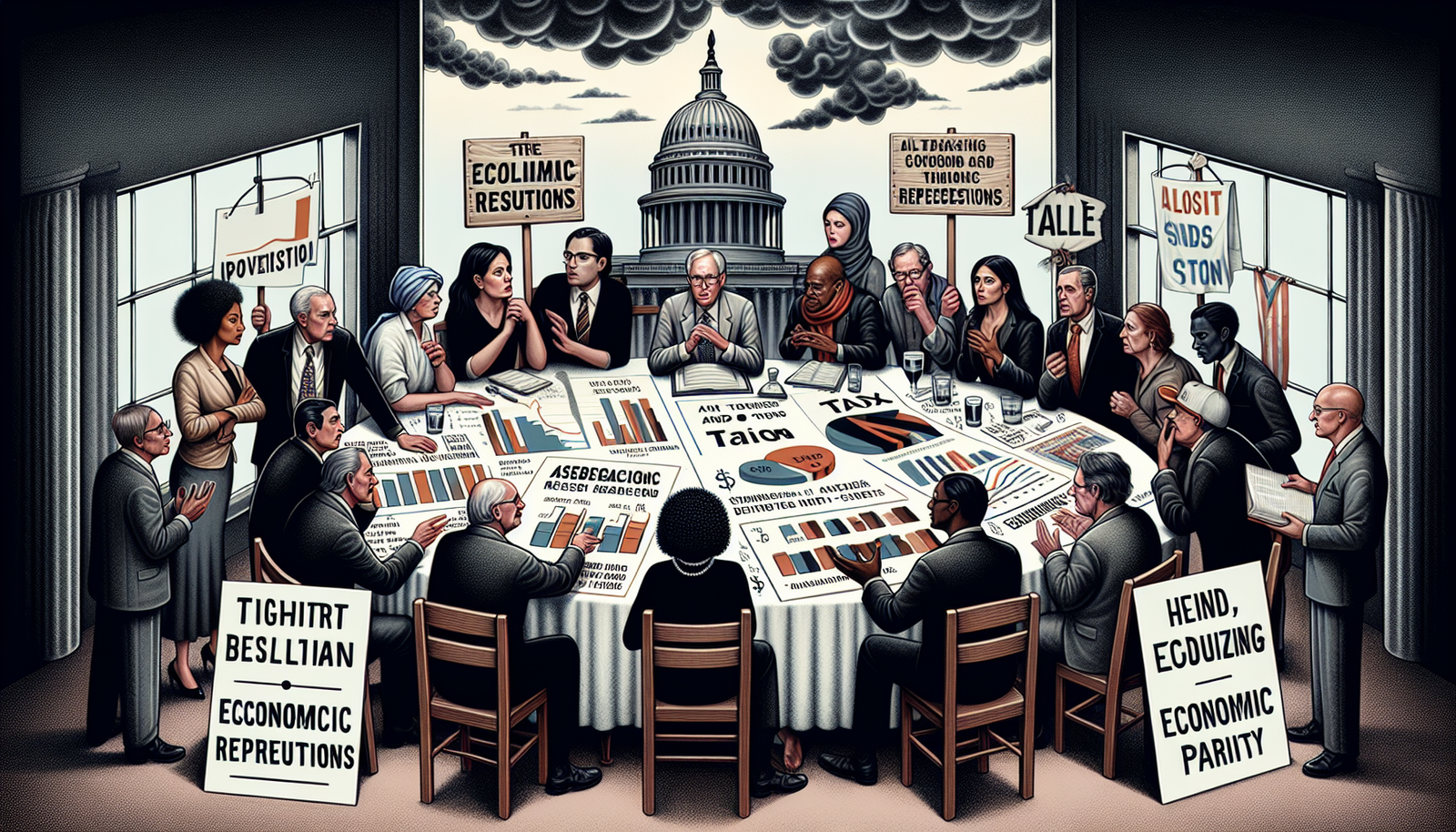
Experts Caution That Kamala Harris’ Tax Plan Could Harm America
Vice President Kamala Harris’ proposed tax strategy has garnered significant attention and criticism from a spectrum of economic experts. A recent article from Townhall titled Experts Warn Kamala Harris’ Tax Proposal Would Destroy America highlights several key concerns regarding the implications of her tax policy.
Criticism from Experts
Experts assert that Harris’ tax plan poses considerable risks to both the U.S. economy and societal structure. The consensus among economists is that the proposed changes could lead to detrimental effects that reach far beyond fiscal policy.
Economic Impact
One of the predominant concerns discussed is the potential impact on economic growth. Experts warn that the proposed tax increases could stifle business investment and innovation, ultimately undermining job creation and overall economic stability. As businesses face a higher tax burden, their capacity to reinvest profits into growth initiatives may diminish, leading to a stagnant economic environment.
Tax Increases
The plan outlines significant tax increases that would affect individuals and businesses alike. Critics argue that this escalation in taxes could act as a disincentive for economic activity, resulting in a trickle-down effect that raises costs for consumers. Increased prices could further reduce consumer spending power, compounding the issue for families and businesses across the nation.
Impact on Middle Class
A critical aspect of the debate centers around the middle class, with experts expressing concern that these tax hikes may disproportionately impact this demographic. As disposable incomes shrink due to increased taxation, many middle-class families could face heightened economic strain, potentially exacerbating existing economic inequality rather than providing relief.
Long-term Consequences
Beyond immediate financial implications, experts caution about the long-term consequences of such a tax policy. They suggest that the proposed changes could weaken the competitiveness of the U.S. economy on the global stage, leading to a decline in the standard of living and diminishing economic opportunities for future generations. The fear is that underperforming economic conditions could become self-perpetuating, stalling progress for years to come.
Political and Social Implications
The article also suggests that the ramifications of Harris’ tax plan extend into the political and social realms. Economists warn that if perceived as detrimental, such a policy could erode public trust in government, further deepening existing social and economic divisions within the country. The potential for growing discontent with governmental fiscal policies raises fears of increased polarization among the populace.
Conclusion
The discourse surrounding Vice President Kamala Harris’ tax proposal emphasizes a critical view, showcasing significant concerns over its potential to negatively impact the economy and social fabric of America. As discussions continue, the implications of such a policy could shape future economic and political landscapes in ways that resonate for years to come.
